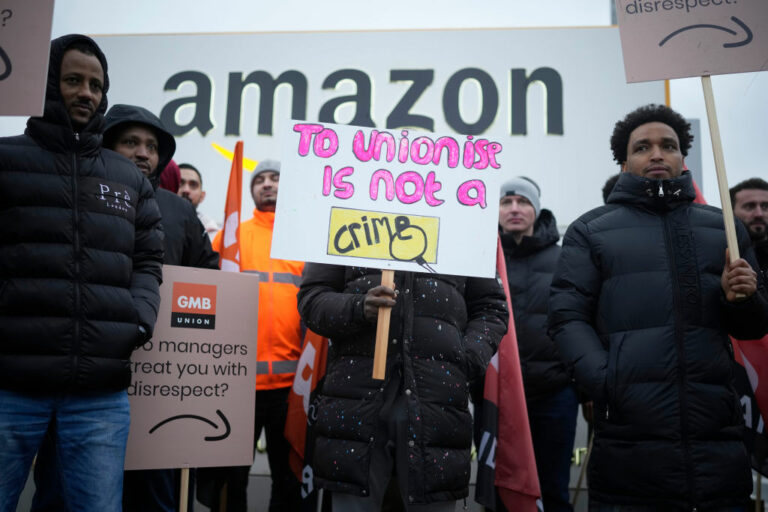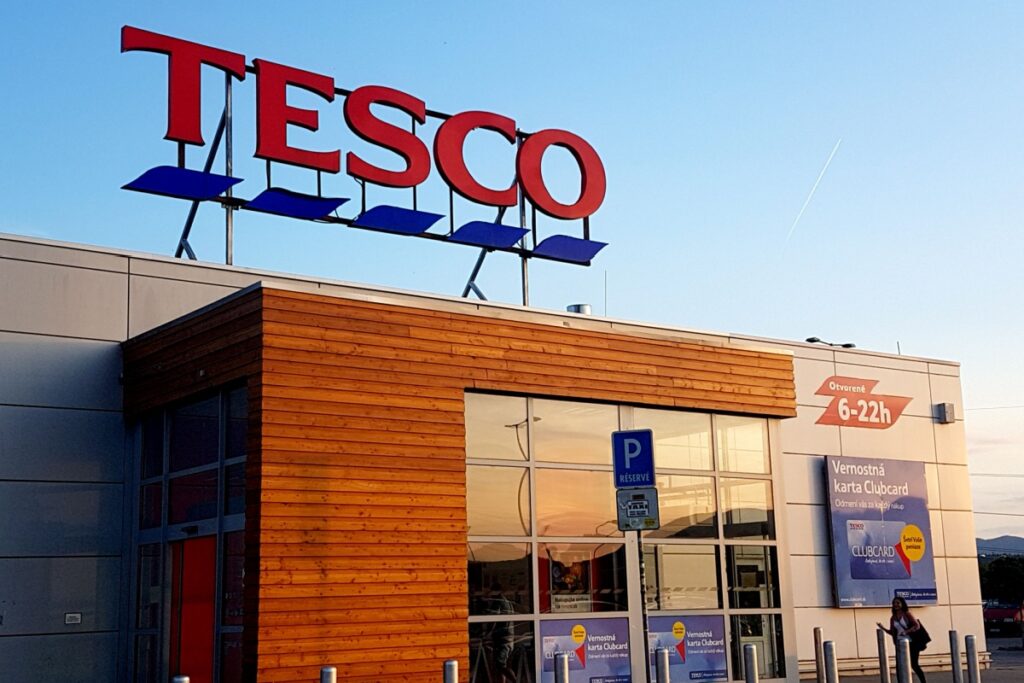With smaller retailers competing against the large international brands, their hunger to expand internationally has become stronger, as more and more retailers are continuing to break into the online realm. However, with their sights firmly set on growth, many have missed out on the fundamental basics which could impact their chances of succeeding in this competitive marketplace.
Many online retailers assume the main focus when putting together an online destination is ensuring it looks attractive, it‘s easy to use and there is an interest in the goods offered. It is so easy to forget how important the payment page is to each and every transaction, especially when spending vital budget on attracting customers to the site.
Our recent research revealed that despite the majority of UK businesses spending up to a fifth of their marketing budget on attracting international customers, 40 per cent of potential international revenue is lost at the payments page [i]. There is only a benefit in attracting customers if they can fulfil all requirements while on the site and with only 55 per cent were prepared to offer different payment options, showing a serious disconnect between a retailer‘s business strategy and their appreciation for how international payment cultures differ. The payment process needs to be specific to a market, however, many retailers have adopted a payment strategy that only facilitates the domestic customer, rather than the international market they wish to attract.
As each country has its own culture, so it has its preferred payment methods. Whilst the credit card is a globally recognised payment method, most countries in Europe prefer alternative means, be it direct debit, e-wallets, iDEAL, giropay, other domestic real time bank transfer schemes or SEPA direct debit. There can often be a worry that additional elements like this will cost a business revenue. In most cases, for a business to accept payments of this type, it can be as simple as ticking a box through your PSP (Payment Service Provider), and this simple act can increase revenue in the long term.
Online stores need to ensure that any potential barriers to customer satisfaction and revenue are addressed before investing in marketing to attract international customers. It must be appreciated that payments are as diverse as languages and cultures themselves, and personalisation is an important focus throughout. Something that can be so easily dismissed will have a damaging effect upon the profitability of any online business.
Tobias Schreyer, co-founder and CCO, The PPRO Group

















